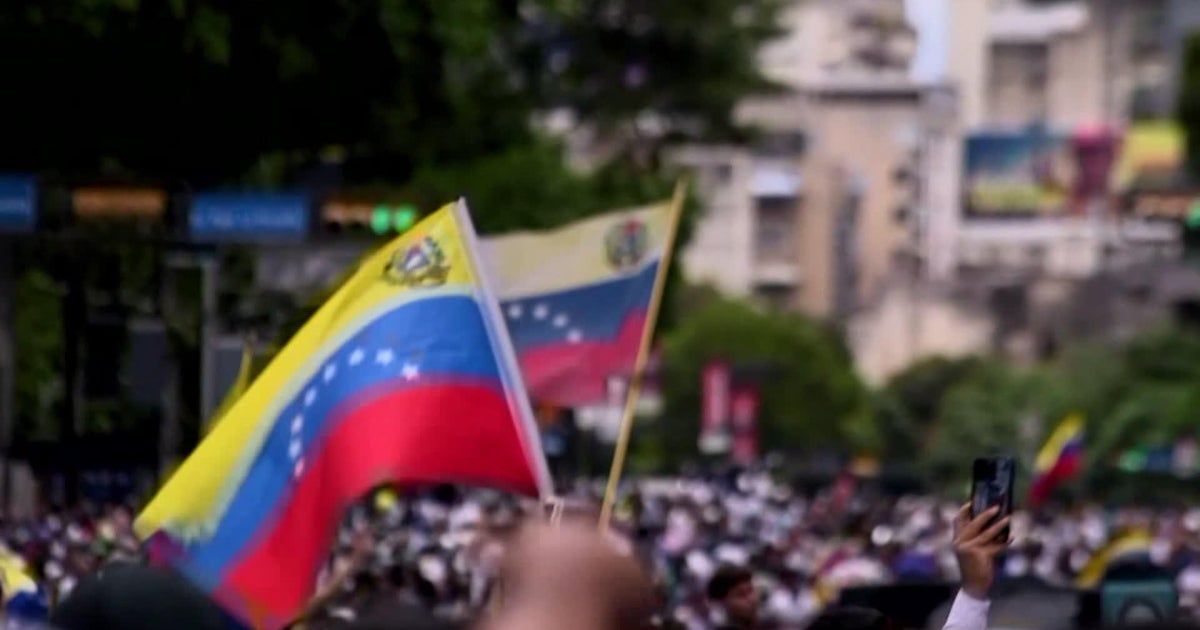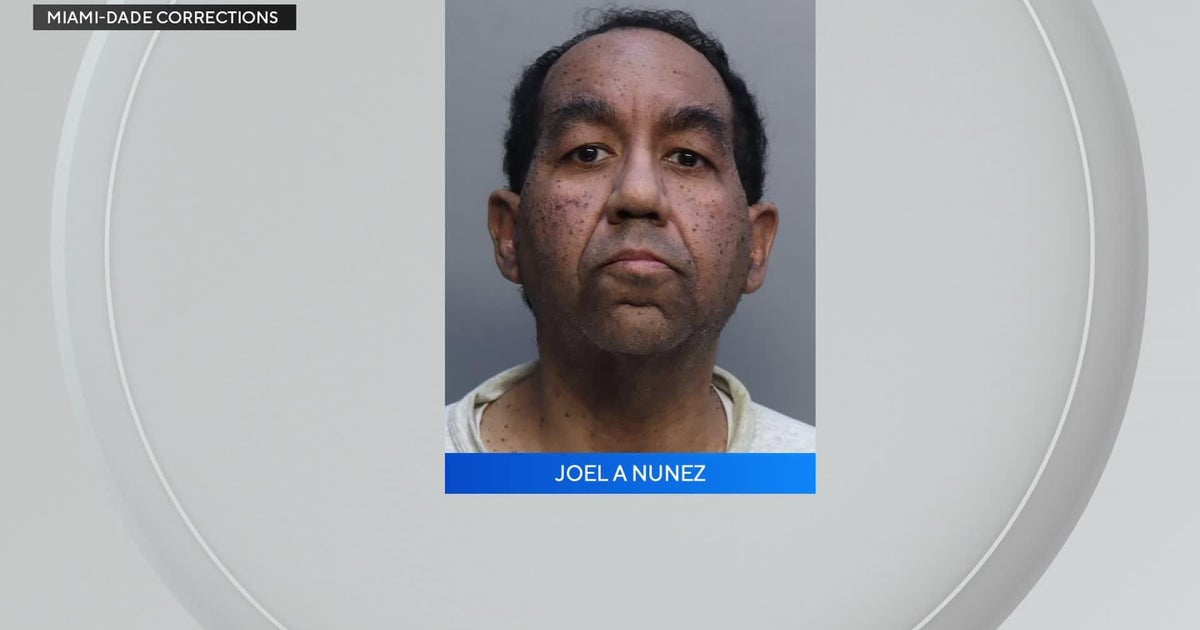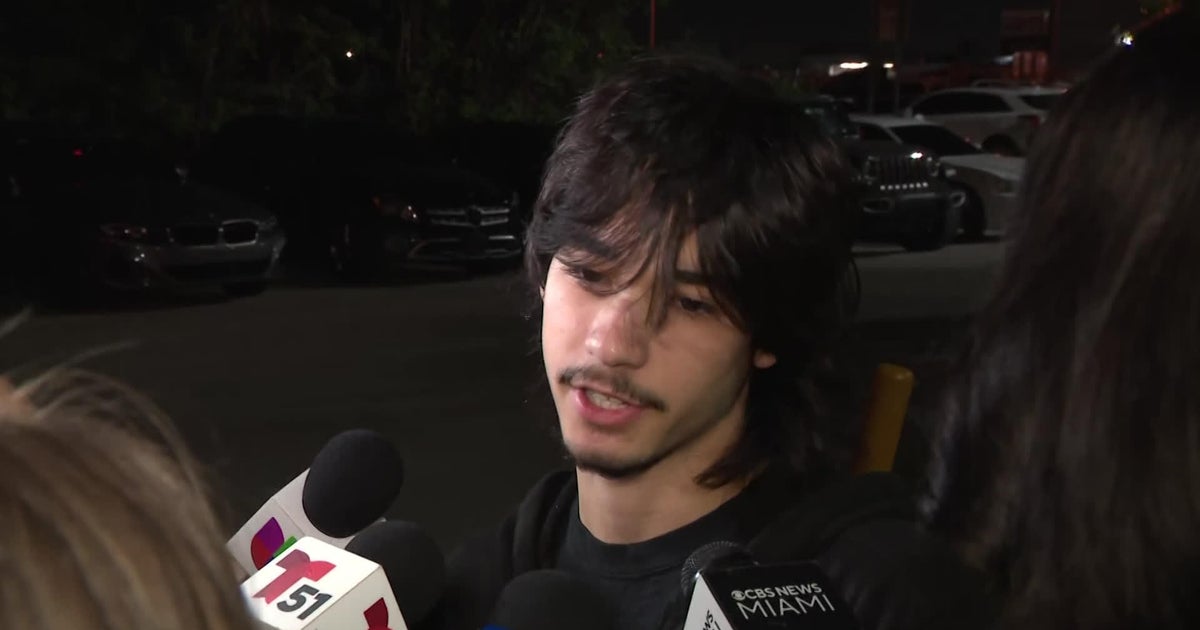What's going on in Venezuela? Dueling presidential inaugurations expected Friday
MIAMI - As Venezuela approaches January 10, a pivotal day in its history, tensions are mounting over a disputed presidential election, systemic human rights violations and dueling presidential inaugurations.
Here's a breakdown of the situation:
The disputed presidential election
On July 28, 2024, a presidential election was held marred by allegations of fraud and irregularities.
Opposition leader Edmundo González, 75, claims he won the election, citing tally sheets from voting machines that show he received twice as many votes as Maduro, but Venezuela's National Electoral Council failed to release detailed results or conduct legally mandated audits.
Maduro, who has ruled Venezuela since 2013, has dismissed the opposition's claims and declared victory.
International observers, including the U.S.-based Carter Center, have validated the opposition's tally sheets, adding legitimacy to González's claim.
González, a retired diplomat and political newcomer, has been recognized as Venezuela's president-elect by several countries, including the United States. Nevertheless, he was forced into exile in Spain in September after the Maduro-controlled judiciary issued an arrest warrant against him.
Maduro's grip on power
Despite mounting opposition, Maduro remains in control of Venezuela's institutions, including the military, judiciary and National Assembly. He is set to extend his presidency to 2031 during a January 10 inauguration ceremony.
Maduro's government has intensified its crackdown on dissent, labeling González a "coward" and accusing him, without evidence, of being a CIA agent.
The government has also announced a $100,000 reward for information on González's whereabouts.
Human rights crisis and repression
The post-election period has seen widespread human rights violations. Over 2,000 people were arbitrarily detained during protests, with 1,794 still imprisoned as of late December.
Among the detainees are minors and foreign nationals and many have faced short-term forced disappearances.
At least 31 individuals remain missing, with reports of torture and in-custody deaths. Released prisoners continue to face criminal proceedings and freedom of expression and assembly are heavily restricted.
International organizations, including the Washington Office on Latin America (WOLA) and Robert F. Kennedy Human Rights, have called for the release of political prisoners and the protection of civil liberties.
The role of Edmundo González
González has emerged as a unifying figure for the opposition, drawing massive crowds and rallying calls for "freedom." Despite his exile, he has vowed to return to Venezuela to take the presidential oath on January 10.
A career diplomat, González has used his international connections to garner support. On Monday, he met with U.S. President Joe Biden and other leaders, emphasizing his commitment to democracy in Venezuela.
However, González's family has been targeted by the government. His son-in-law, Rafael Tudares, was reportedly kidnapped this week, an act the opposition has labeled a "forced disappearance."
What's Next?
Venezuelan opposition leader María Corina Machado called for Venezuelans to take to the streets on Thursday to reject Maduro.
In a video interview with The Wall Street Journal, Machado predicted that if Maduro continues in power "There will be three, four or five million Venezuelans who will cross the border."
As both Maduro and González prepare for competing inaugurations, the stakes are higher than ever.
Maduro's government continues to wield significant power, but growing international recognition of González and rising domestic discontent could challenge his rule.
The international community has been urged to closely monitor Venezuela and push for peaceful solutions that respect the will of the people.
Meanwhile, Venezuelans face the prospect of further repression and economic hardship as the battle for the presidency unfolds.
January 10 may mark a turning point, but the road to democracy and stability in Venezuela remains uncertain.






